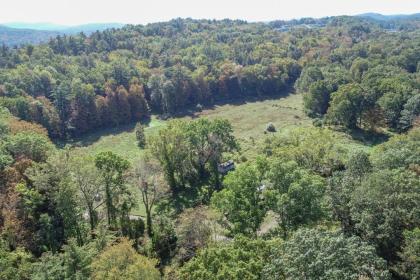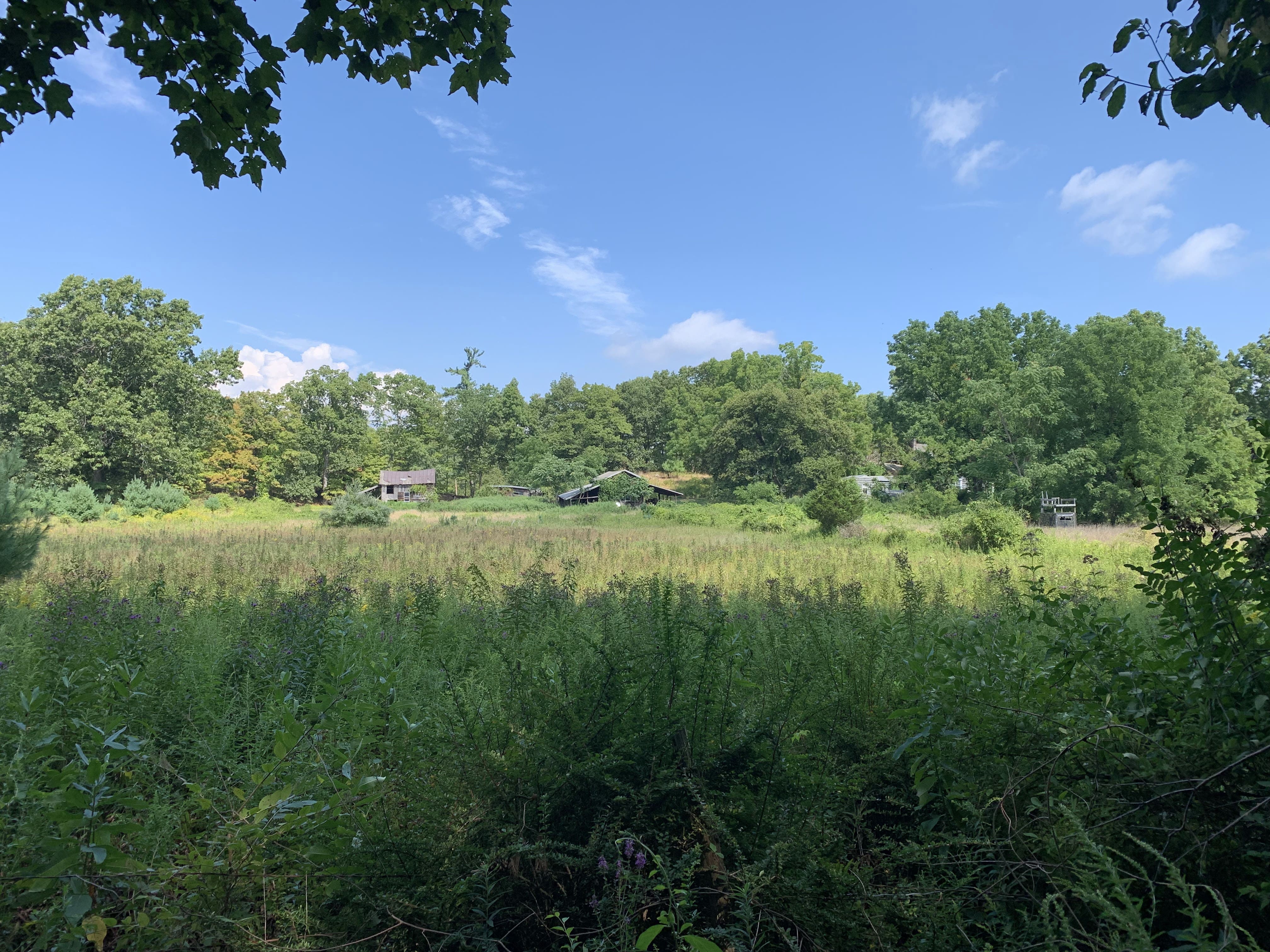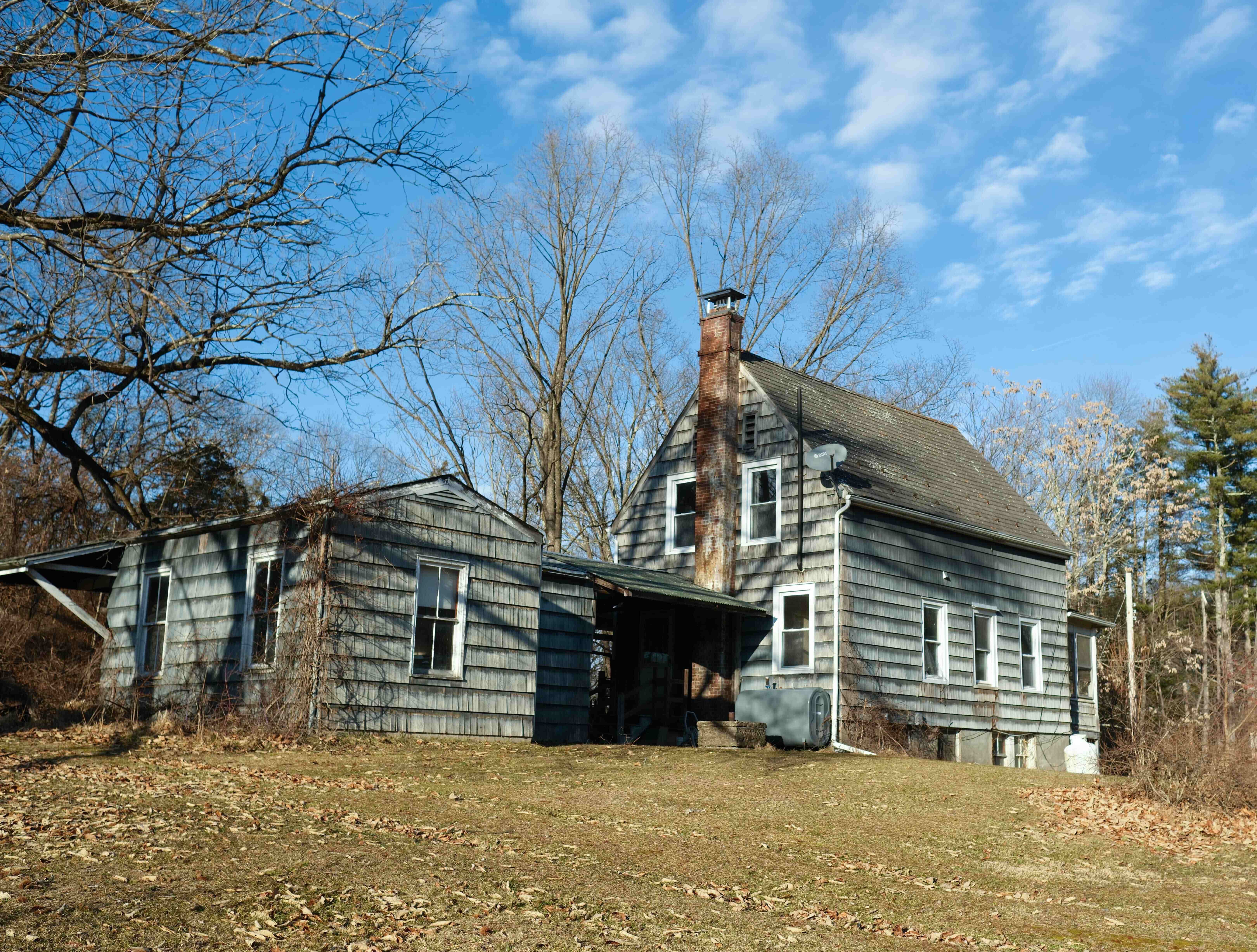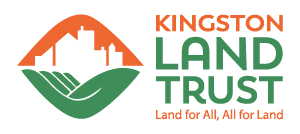
The Kingston Land Trust (KLT) completed its latest acquisition consisting of 54 acres of land during the final week of Black History Month following a 2-month community fundraising campaign that raised upwards of $60,000. The purchase establishes a land base for its expanding Land In Black Hands (LIBH) program with the goal of facilitating cooperative ownership, access, and stewardship of land by Black community members and other people of color experiencing systemic oppression. Located in the City of Kingston and the Town of Ulster, the land was identified over the course of a 5-year process through which the KLT centered the needs and voices of local and regional Black organizers and community members. This process included the formation of a Land In Black Hands Steering Committee. The protected land has fields with agricultural potential as well as forest and other habitat of high biological importance. The KLT’s protection of this land accomplishes key goals set out in the community-envisioned Open Space Plan for the City of Kingston.
"As we celebrate the acquisition of this land and the expansion of the Land In Black Hands program, we recognize the profound impact of reclaiming space for Black communities. This initiative is not only about stewarding the land but also about reclaiming agency and sovereignty over our narratives, livelihoods, and futures. It represents a crucial step towards addressing historical injustices and building a more equitable and sustainable future for all," says Shaniqua Bowden, Director of Cultural Engagement and Sustainable Living, KLT
The LIBH program seeks to address understandings and organizations of land, both in Ulster County and the United States, that have been shaped by and perpetuate the ongoing exclusion of racialized communities. These are factors that significantly contribute to the reality in which Black farmers make up just two percent of all producers in New York state’s agricultural sector.* The KLT embraces the role that land trusts can play in the shared struggle for environmental and economic justice, and through the Land in Black Hands Program, aims to join a network of other organizations that are working on racial justice issues through land, including Soul Fire Farm, the Northeast Farmers of Color Land Trust, and the Black Farmer Fund. The KLT's first Black land sovereignty project was in 2019 when it worked with local African American heritage organization Harambee and Scenic Hudson to protect the Pine Street African Burial Ground which Harambee stewards and holds title to with a conservation easement held by the KLT.
The land was previously owned by retired IBM employee Carl McClearn, and his wife Marie McClearn, who began farming it with their family in the early 80’s. The farm has been inactive for approximately 15 years after the family stopped raising livestock and small-scale vegetable and flower gardening. Over the course of three years, the KLT and Land in Black Hands Steering Committee identified this land as a potential fit for LIBH and built a relationship with the family, such that following a highly successful fundraising campaign, they were able to secure it for permanent protection. This acquisition has been made possible by a significant contribution from Scenic Hudson, capital grants from The Nature Conservancy and the NoVo Foundation, as well as $90,000 raised through individual donations from local and regional community members through the KLT Land in Black Hands Fund.
“Scenic Hudson is thrilled to support the purchase of this important urban farm property,” said Seth McKee, executive director of The Scenic Hudson Land Trust.“We’re excited to watch the transformation of this property, as the Kingston Land Trust, its partners, and local community members employ new approaches to addressing the long legacy of discrimination against BIPOC farmers in this country.”
Following the acquisition, the KLT’s annual Land in Black Hands Black History Month event served as a community mixer to kick off the next phase of visioning intended to continue the work of collectively processing how the program’s values and the land might engage one another in bringing about a fertile new home for the program. The discussion included topics such as healing through land, cooperative ownership and housing, farming, education, and land stewardship. The KLT is excited to move forward into this phase of visioning that will continue to guide how this land project can support the community and address historical injustices around land that still affect our society today.
* USDA 2022 Census of Agriculture, Black Producers By State
Photos

Field with agricultural potential
Trail in woods
KLT LIBH Lead, Shaniqua Bowden

Building on parcel
